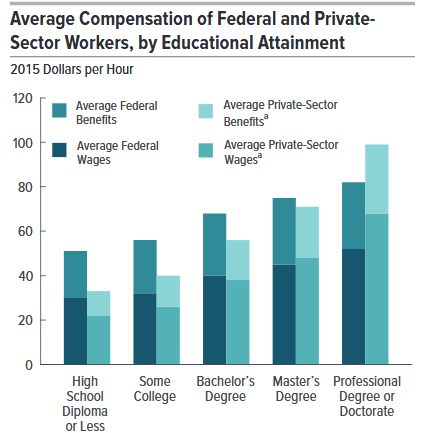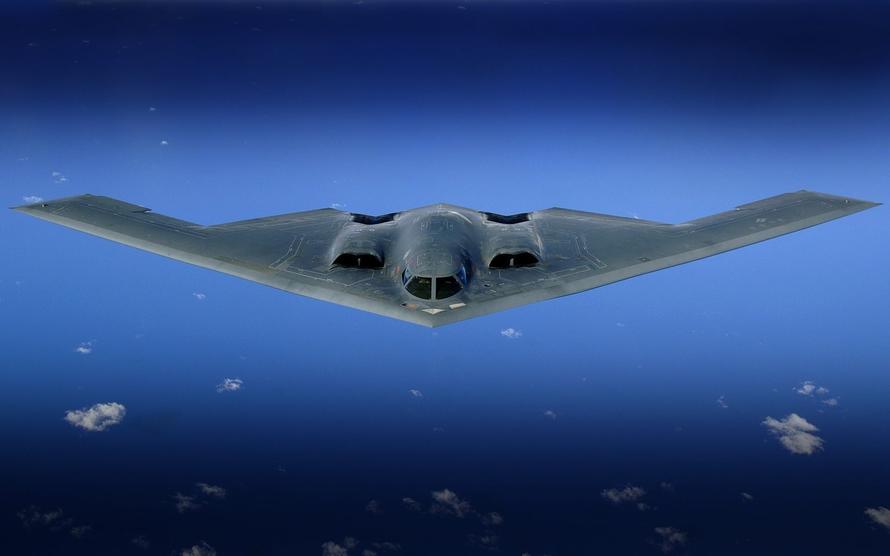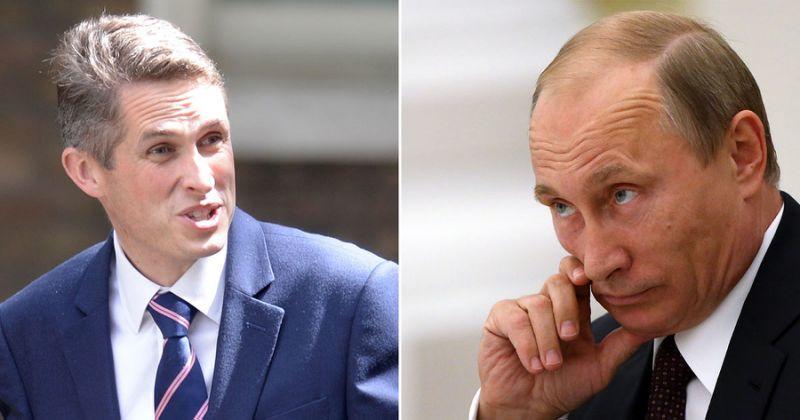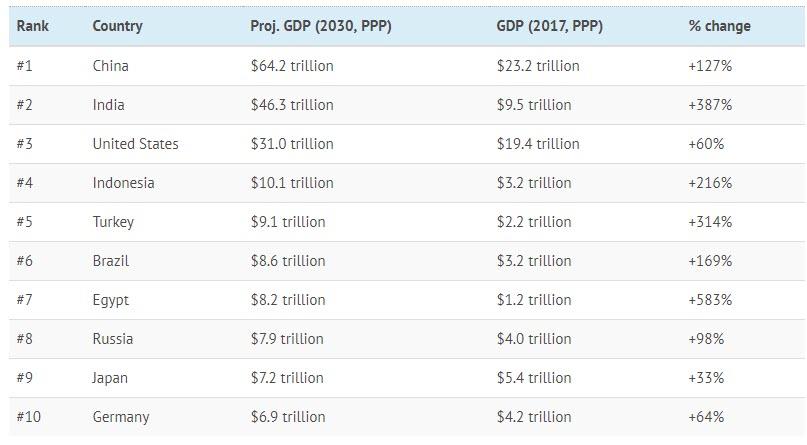Authored by Maj. Danny Sjrusen via AntiWar.com,
The president says he will bring the troops home from Syria and Afghanistan. Now, because of their pathological hatred of Trump, mainstream Democrats are hysterical in their opposition.

If anyone else were president, the “liberals” would be celebrating. After all, pulling American soldiers out of a couple of failing, endless wars seems like a “win” for progressives. Heck, if Obama did it there might be a ticker-tape parade down Broadway. And there should be. The intervention in Syria is increasingly aimless, dangerous and lacks an end state. Afghanistan is an unwinnable war – America’s longest – and about to end in outright militarydefeat. Getting out now and salvaging so much national blood and treasure ought to be a progressive dream. There’s only one problem: Donald Trump. Specifically, that it was Trump who gave the order to begin the troop withdrawals.
Lost in the haze of their pathological hatred of President Trump, the majority of mainstream liberal pundits and politicians can’t, for the life of them, see the good sense in extracting the troops from a couple Mideast quagmires. That or they can see the positives, but, in their obsessive compulsion to smear the president, choose politics over country. It’s probably a bit of both. That’s how tribally partisan American political discourse has become. And, how reflexively hawkish and interventionist today’s mainstream Democrats now are. Whither the left-wing antiwar movement? Well, except for a few diehards out there, the movement seems to have been buried long ago with George McGovern.
Make no mistake, the Democrats have been tacking to the right on foreign policy and burgeoning their tough-guy-interventionist credentials for decades now. Terrified of being painted as soft or dovish on martial matters, just about all the “serious” baby-boomer Dems proudly co-opted the militarist line and gladly accepted campaign cash from the corporate arms dealers. Think about it, any Democrat with serious future presidential aspirations back in 2002 voted for the Iraq War – Hillary, Joe Biden, even former peace activist John Kerry! And, in spite of the party base now moving to the left, all these big name hawks – along with current Senate Minority Leader Chuck Schumer – are still Democratic stalwarts. Heck, some polls list Biden as the party’s 2020 presidential frontrunner.
More disturbing than the inconsistency of these political hacks is the vacuousness of the supposedly liberal media. After Trump’s announcement of troop withdrawals, just about every MSNBC host slammed the president and suddenly sounded more hawkish than the clowns over at Fox News. Take Rachel Maddow. Whatever you think of her politics, she is – undoubtedly – a brilliant woman. Furthermore, unlike most pundits, she knows a little something about foreign policy. Her 2012 book, Drift: The Unmooring of American Military Power was a serious and well-researched critique of executive power and the ongoing failure of the wars on terror. Drift was well reviewed by regular readers and scholars alike.
Enter Donald Trump. Ever since the man won the 2016 election, Maddow’s nightly show has been dominated the hopeless dream of Russia-collusion and a desire for Trump’s subsequent impeachment. Admittedly, Maddow’s anti-Trump rhetoric isn’t completely unfounded – this author, after all, has spent the better part of two years criticizing most of his policies – but her zealousness has clouded her judgment, or worse. Indeed, that Maddow, and her fellow “liberals” at MSNBC have now criticized the troop withdrawals and even paraded a slew of disgraced neoconservatives – like Bill Kristol – on their shows seems final proof of their descent into opportunistic hawkishness.
One of the most disturbing aspects of this new “liberal” hawkishness is the pundits’ regular canonization of Jim Mattis and the other supposed “adults” in the room. For mainstream, Trump-loathing, liberals the only saving grace for this administration was its inclusion of a few trusted, “grown-up” generals in the cabinet. Yet it is a dangerous day, indeed, when the supposedly progressive journalists deify only the military men in the room. Besides, Mattis was no friend to the liberals. Their beloved President Obama previously canned “mad-dog” for his excessive bellicosity towards Iran. Furthermore, Mattis – so praised for both his judgment and ethics – chose an interesting issue for which to finally fall-on-his-sword and resign. U.S. support for the Saudi-led starvation of 85,000 kids in Yemen: Mattis could deal with that. But a modest disengagement from even one endless war in the Middle East: well, the former SECDEF just couldn’t countenance that. Thus, he seems a strange figure for a “progressive” network to deify.
Personally, I’d like to debate a few of the new “Cold Warriors” over at MSNBC or CNN and ask a simple series of questions: what on the ground changed in Syria or Afghanistan that has suddenly convinced you the US must stay put? And, what positivist steps should the military take in those locales, in order to achieve what purpose exactly? Oh, by the way, I’d ask my debate opponents to attempt their answers without uttering the word Trump. The safe money says they couldn’t do it – not by a long shot. Because, you see, these pundits live and die by their hatred of all things Trump and the more times they utter his name the higher go the ratings and the faster the cash piles up. It’s a business model not any sort of display of honest journalism.
There’s a tragic irony here. By the looks of things, so long as Mr. Trump is president, it seems that any real movement for less interventionism in the Greater Middle East may come from a part of the political right – libertarians like Rand Paul along with the president’s die hard base, which is willing to follow him on any policy pronouncement. Paradoxically, these folks may find some common cause with the far left likes of Bernie Sanders and the Ocasio-Cortez crowd, but it seems unlikely that the mainstream left is prepared to lead a new antiwar charge. What with Schumer/Pelosi still in charge, you can forget about it. Given the once powerful left-led Vietnam-era protest movement, today’s Dems seem deficient indeed on foreign policy substance. Odds are they’ll cede this territory, once again, to the GOP.
By taking a stronger interventionist, even militarist, stand than Trump on Syria and Afghanistan, the Democrats are wading into dangerous waters. Maybe, as some say, this president shoots from the hip and has no core policy process or beliefs. Perhaps. Then again, Trump did crush fifteen Republican mainstays in 2015 and shock Hillary – and the world – in 2016. Indeed, he may know just what he’s doing. While the Beltway, congressional-military-industrial complex continues to support ever more fighting and dying around the world, for the most part the American people do not. Trump, in fact, ran on a generally anti-interventionist platform, calling the Iraq War “dumb” and not to be repeated. The president’s sometimes earthy – if coarse – commonsense resonated with a lot of voters, and Hillary’s hawkish establishment record (including her vote for that very same Iraq War) didn’t win her many new supporters.
Liberals have long believed, at least since McGovern’s 1972 trouncing by Richard Nixon, that they could out-hawk the Republican hawks and win over some conservatives. It rarely worked. In fact, Dems have been playing right into bellicose Republican hands for decades. And, if they run a baby-boomer-era hawk in 2020 – say Joe Biden – they’ll be headed for another shocking defeat. The combination of a (mostly, so far) strong economy and practical policy of returning US troops from unpopular wars, could, once again, out weigh this president’s other liabilities.
Foreign policy won’t, by itself, tip a national election. But make no mistake, if the clowns at MSNBC and “liberal” hacks on Capitol Hill keep touting their newfound militarism, they’re likely to emerge from 2020 with not only smeared consciences, but four more years in the opposition.
* * *
Danny Sjursen is a US Army officer and regular contributor to Antiwar.com He served combat tours with reconnaissance units in Iraq and Afghanistan and later taught history at his alma mater, West Point. He is the author of a memoir and critical analysis of the Iraq War, Ghostriders of Baghdad: Soldiers, Civilians, and the Myth of the Surge. Follow him on Twitter at @SkepticalVet.
[Note: The views expressed in this article are those of the author, expressed in an unofficial capacity, and do not reflect the official policy or position of the Department of the Army, Department of Defense, or the U.S. government.]

via RSS http://bit.ly/2VQjTvp Tyler Durden
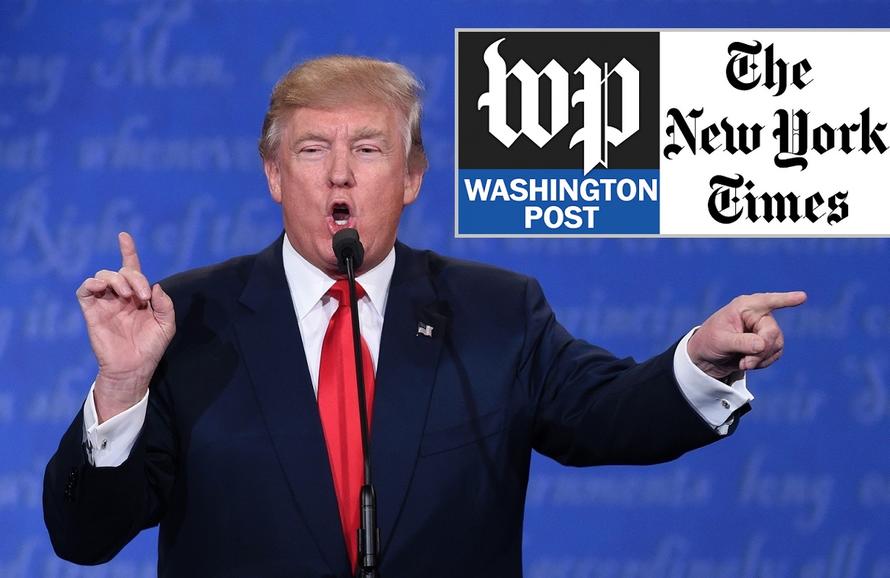
 Jennifer Aniston uses it for anxiety. Podcast host Joe Rogan applies it for elbow pain. You can buy dog treats infused with it, as well as facial scrubs and hand lotions, tinctures, and vaporizer cartridges. It’s used as an ingredient in cocktails, beer, and gummy worms. It’s sold at Amish markets and at fancy boutiques and at prepper depots. In October, it received the ultimate blessing for a trendy new cure-all: It was the subject of a multipart special on daytime basic cable hosted by Dr. Oz.
Jennifer Aniston uses it for anxiety. Podcast host Joe Rogan applies it for elbow pain. You can buy dog treats infused with it, as well as facial scrubs and hand lotions, tinctures, and vaporizer cartridges. It’s used as an ingredient in cocktails, beer, and gummy worms. It’s sold at Amish markets and at fancy boutiques and at prepper depots. In October, it received the ultimate blessing for a trendy new cure-all: It was the subject of a multipart special on daytime basic cable hosted by Dr. Oz.
